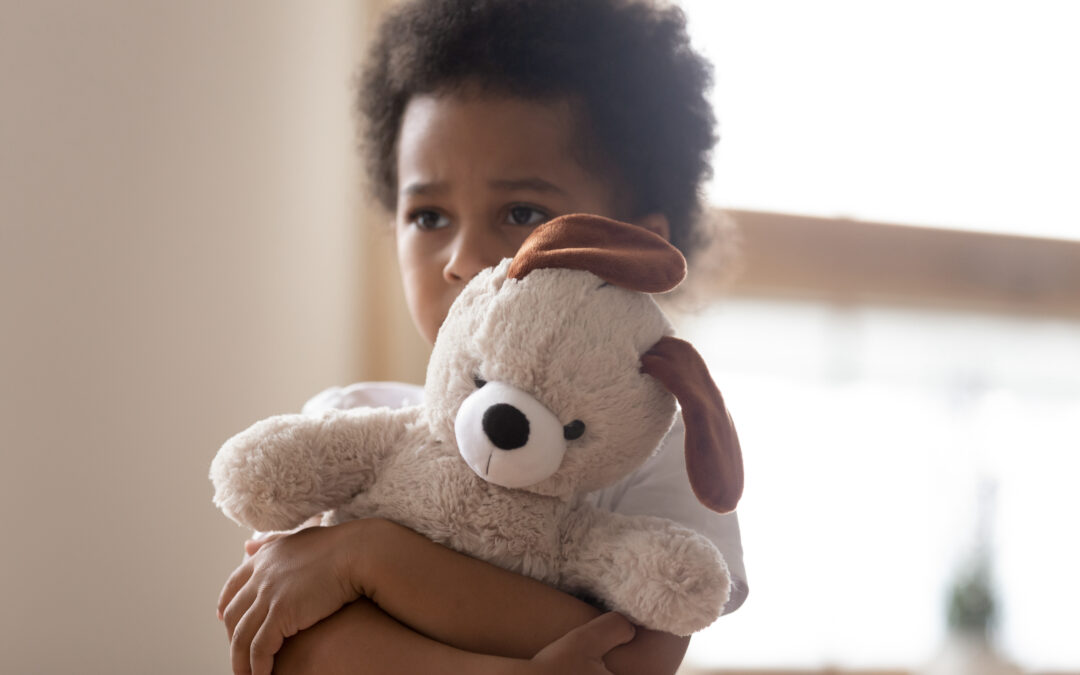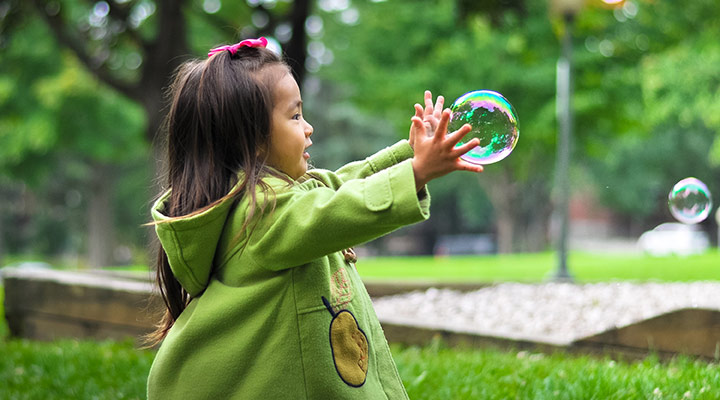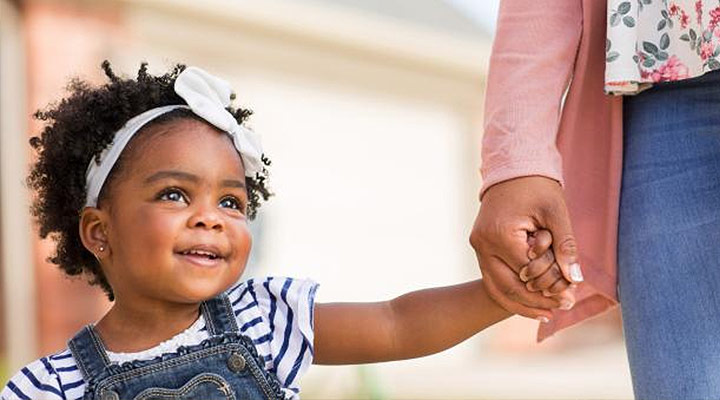As a foster or adoptive parent, you have both the responsibility and the privilege to help your child identify, navigate, and heal from trauma. To do that, you’ll need to roll up your sleeves and do some heavy lifting, including becoming a serious student of trauma. This will likely involve reading, viewing webinars, listening to podcasts, and even attending classes. The good news is we’ve never had more information—and hope—about trauma, attachment, and brain science than we do today.
If you haven’t done so already, study “trauma-informed care,” a shift from focusing on the question, “what’s wrong with you?” to exploring “what happened to you—and how does that continue to live on in your life and impact it today?” This simple adjustment can make a world of difference in how you interact with your child.
Another helpful topic to explore is the traumatized brain. Understanding its origin will help you appreciate what’s going on in your child’s mind as she interacts with the world around her. A couple of typical results of a traumatized brain:
- As a child experiences fear and navigates an unsafe environment, his body, feelings, and thoughts are hijacked as he tries to make sense of his dangerous world—and automatic survival responses—fight, flight, and freeze—emerge. This is a hostile takeover of the conscious mind by powerful negative emotions.
- Another result of early trauma is the alarm system in the brain becomes terribly distorted. A child perceives danger everywhere—in hazardous situations, neutral situations, and even in situations most of us would consider good or positive. This faulty alarm system that flashes DANGER-DANGER-DANGER prevents a child from being present and being able to make use of the resources and relationships around him.
Getting a handle on childhood trauma and its effects will inform your parenting in a myriad of ways. You’ll be surprised how simple changes will have profound results.
Remember:
- Children who have been adopted or are in foster care have often suffered trauma and live with more anxiety than other children. They see and respond to threats that others do not.
- These kids’ brains might always be “on guard,” so they might struggle to dismiss or ignore certain things or focus on reading a book or playing a game.
- It may be hard to earn their trust and respect, even over time. Many children never learned to depend on consistent, reliable adults.
- Be patient. It probably took years of trauma or abuse to get your child into his current state of mind. Learning to trust again is not like to happen overnight—or any time soon.
- Be consistent, predictable, caring, and patient. Teach your child that others can be trusted to stay with her and help her.
- Let your child feel the way he feels. Teach him words to describe his feelings. Show acceptable ways for him to deal with these feelings. Then praise him for expressing his feelings or calming down.
By acting wisely and constructively with your child’s early trauma, you hold in your hands an incredible opportunity to literally change the trajectory of a child’s life!














